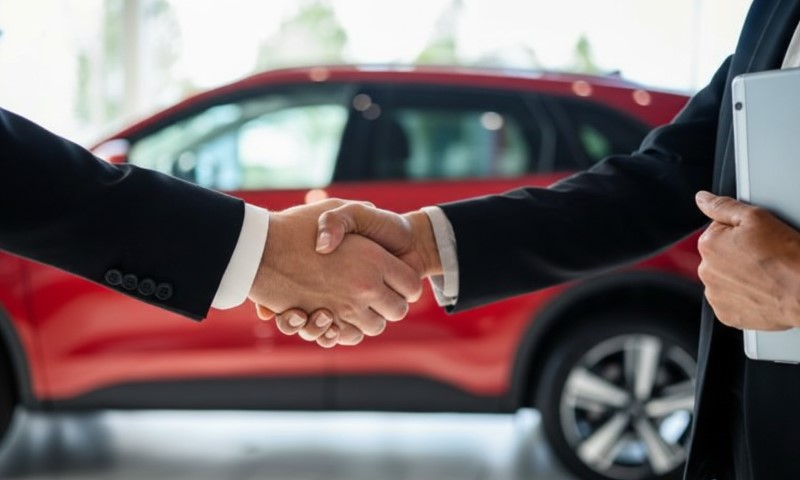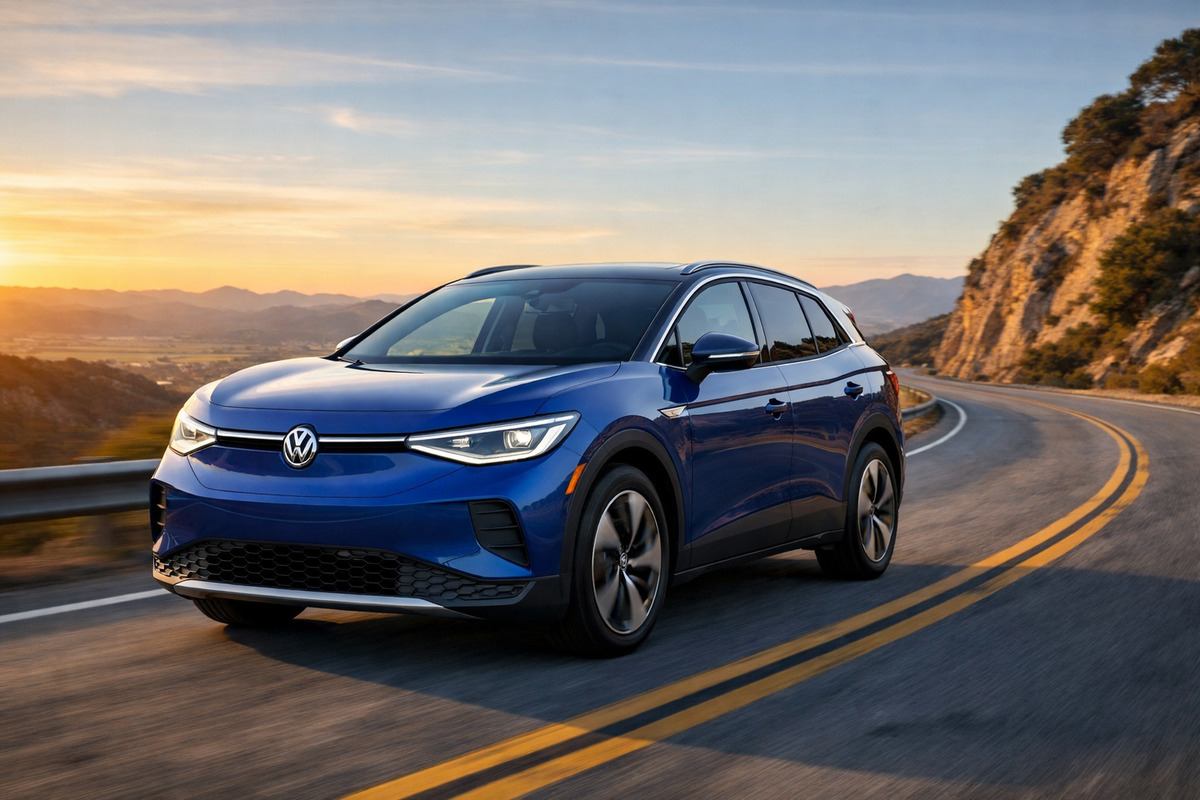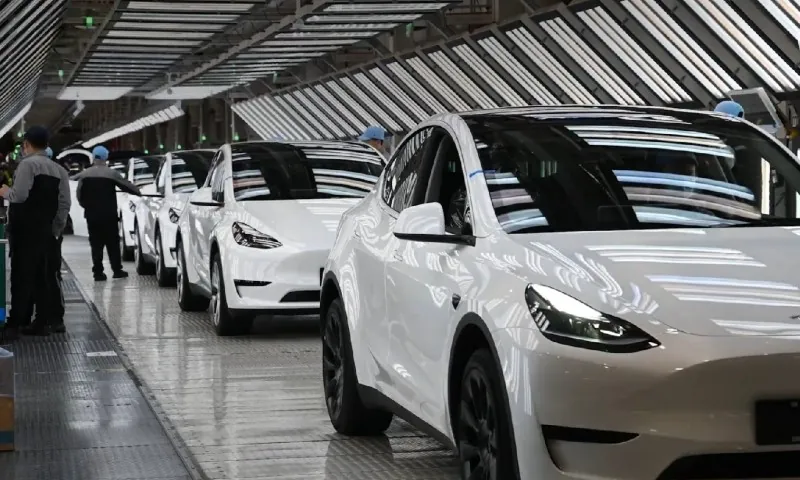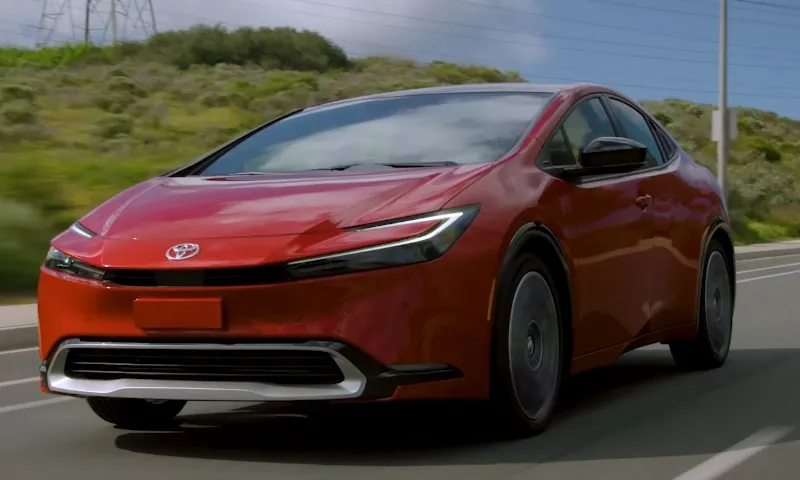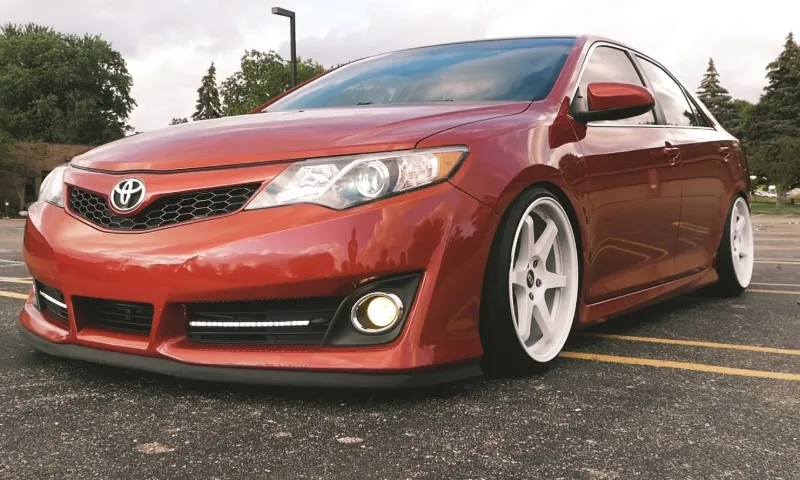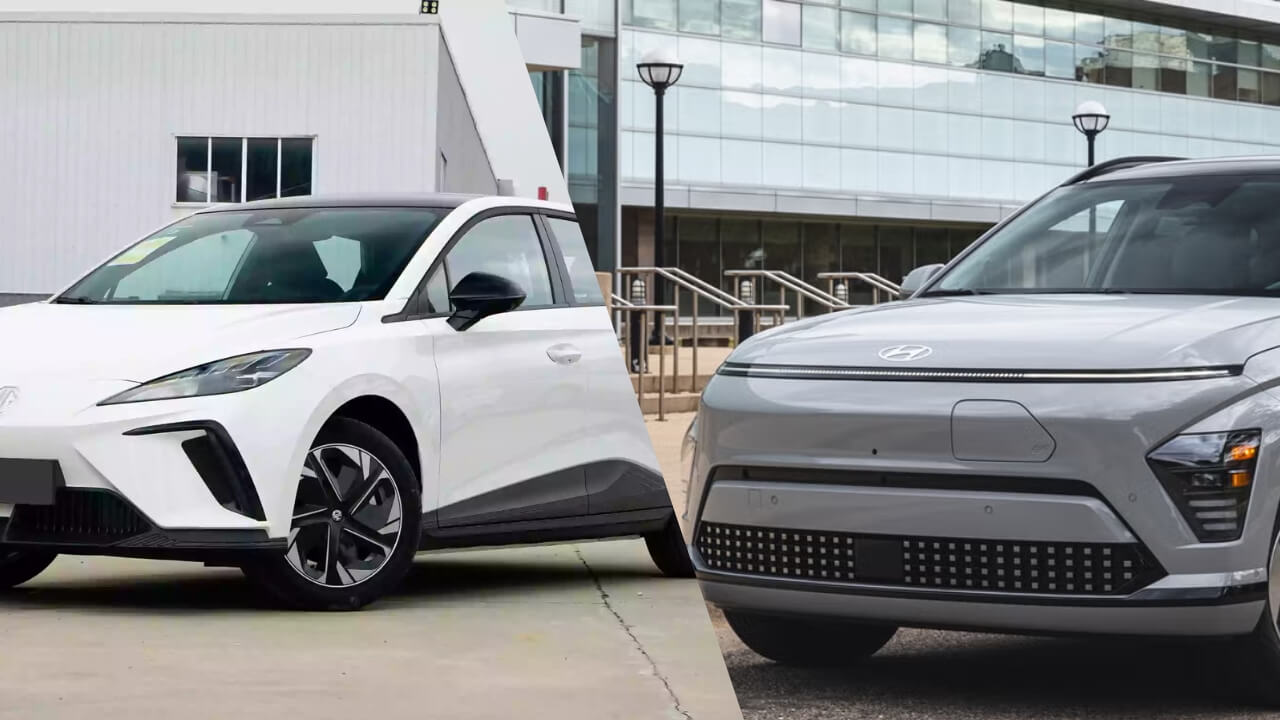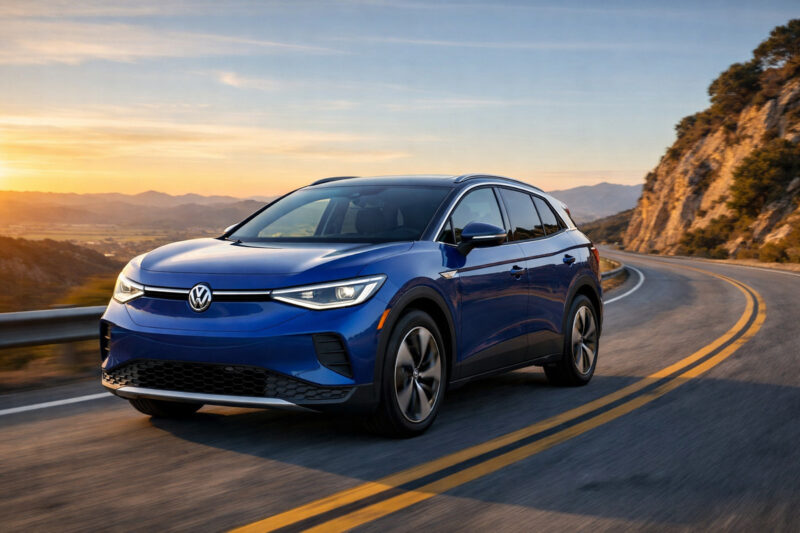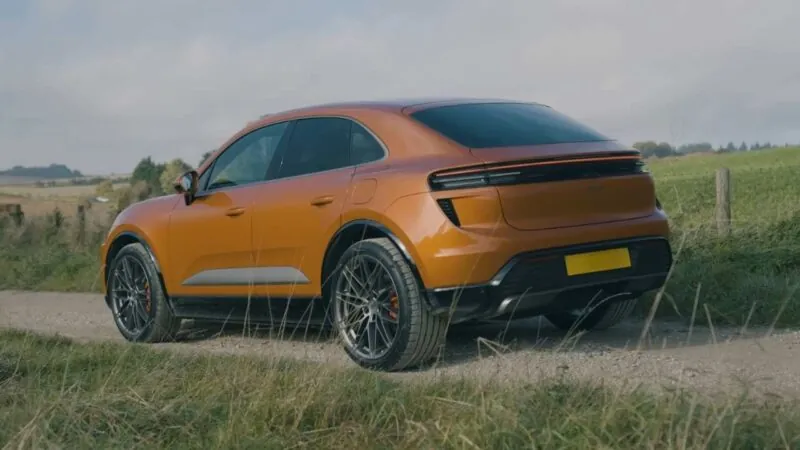
Share Post:
Electric cars have been grabbing headlines for a while now. There’s a lot of buzz about fancy luxury models that supposedly run silent and smooth, with instant torque and minimal tailpipe emissions.
Some premium brands have already introduced battery-powered vehicles or hybrids, yet many have been shuffling their timetables.
One might wonder: why the hesitation? Let’s explore the current scene and see if top-tier carmakers are truly primed to leave combustion engines behind.
Table of Contents
ToggleA Quick Reference Table
| Brand | First EV Launch | All-Electric Target | Current Strategy |
| Mercedes-Benz | EQS (Ongoing) | Delayed to around 2030 | Balancing ICE, EV, and hybrid |
| BMW | i Series (Ongoing) | 50% by 2030 | Expanding EV lineup while offering hybrids |
| Porsche | Taycan (2019) | Post-2030 (not firm) | Sticking with ICE for key models; slowing EVs |
| Lamborghini | 2029 (Lanzador) | Not specified | Hybrid now, full EV approach in late 2020s |
| Ferrari | 2025 | 60% electrified by 2026 | Mix of EV, hybrid, and ICE models |
| Rolls-Royce | 2023 (Spectre) | Early 2030s | Introducing EV while retaining ICE vehicles |
| Bentley | 2026 (Urban SUV) | 2035 (delayed from 2030) | Leaning on hybrids until a gradual shift occurs |
| Aston Martin | 2026 (delayed) | Mid-2030s | Focusing on PHEVs, still heavily ICE-based |
A Glimpse at the Overall Situation In the Industry
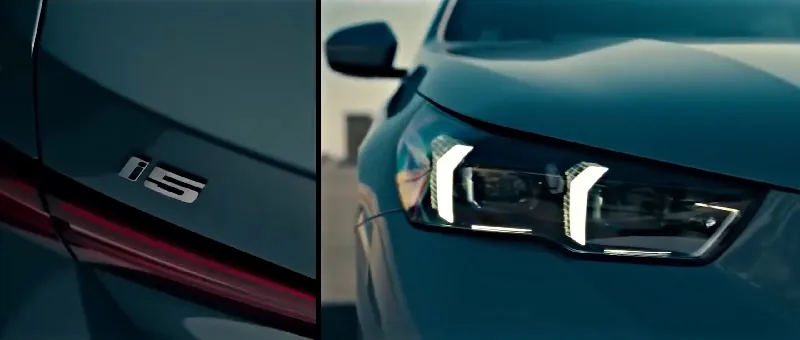
A lot of chatter centers around the grand shift to electric mobility. Some suggest that industry leaders like Mercedes-Benz or Porsche are hot on the EV trail, while others note how certain firms keep pushing back targets. There’s a valid reason for these delays: not every high-end manufacturer, or their loyal buyers, is in a rush for all-electric lineups.
Traditional engines still hold a huge emotional pull. Then there’s the practical side—charging networks aren’t fully robust, battery tech can be pricey, and many drivers prefer the rumble of a V8 or V12.
Plenty of owners crave an emotional experience: the roar of the engine, that special sense of heritage, and a driving feel that’s been refined over decades. For those seeking to experience such luxury firsthand, trinity rental offers a selection of high-end vehicles that embody these qualities.
So, what’s the real deal? Are premium brands truly on the edge of ditching combustion once and for all, or are they hedging their bets with hybrids and conventional models for the next decade or two? Let’s jump into the specifics.
Ongoing Transitions
Those behind the wheel of luxury cars have certain preferences. High-end vehicles aren’t just about reaching a destination in style.
Plenty of owners crave an emotional experience: the roar of the engine, that special sense of heritage, and a driving feel that’s been refined over decades. Loud powerplants still capture hearts, especially within circles that appreciate automotive tradition.
On top of that, buyers often expect seamless convenience. Charging networks, particularly outside major urban areas, can still be spotty.
Premium customers want quick fill-ups or plug-ins that work everywhere they go, so any deficiency in infrastructure can sour attitudes toward full electrification.
Major automakers know that. The last thing they want is to push a product that owners find inconvenient or underwhelming in real-world conditions.
Hybrids as a Middle Ground
Ever notice how many performance-car brands are now offering plug-in hybrids? Lamborghini’s got the Revuelto, Aston Martin’s flirting with PHEVs, and Bentley is loading up on hybrids until at least the mid-2030s.
A balanced approach can help maintain the signature performance that enthusiasts adore, while also trimming the carbon footprint.
Sure, it’s not the same as a purely electric powertrain, but for many aficionados, it feels like a nice compromise—powerful, thrilling, and a bit greener.
Key Brands in the Spotlight
Mercedes-Benz
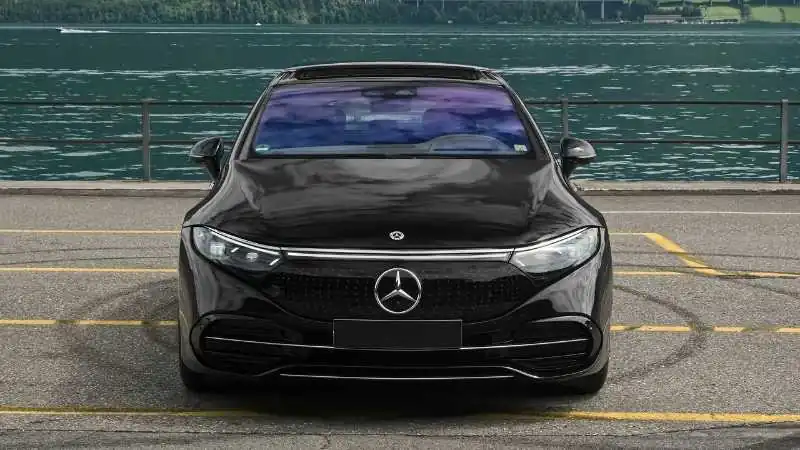
Known for the EQ lineup—think EQS, EQE, and so forth—Mercedes made noise about phasing out combustion engines fairly quickly. According to Electrek, some time back, there were bold plans for 50% of its sales to be electrified by 2025.
Then, in early 2024, the timeline slid to around 2030. There was mention of weaker EV demand as one of the main reasons for that shift.
Meanwhile, the German heavyweight keeps rolling out newer ICE models and a few fresh hybrids, proving there’s a mixed approach going on.
BMW
BMW has its i4, i5, and more in the pipeline. The official aim is around half of its global sales going electric by 2030. That still leaves substantial room for hybrid and traditional setups.
Quite a few people at the company have hinted that they won’t abandon gas engines outright until the market is genuinely ready.
It’s all about providing choice, so if someone isn’t ready to switch to a plug, a 3 Series or 5 Series with a conventional engine or mild-hybrid system might still be on offer, similar to the BMW i8 engine.
Porsche
Everyone raved about the Taycan when it debuted. It’s sleek, fast, and definitely high-end. Then there was talk of a fully electric Macan. Initially slated for 2023 or 2024, that project saw delays.
The brand signaled they’d keep building popular models with combustion engines (like the 911) for a while, partly because demand for electrics, especially in markets like China, had cooled off.
Performance is the Porsche hallmark, and apparently, many loyal customers still dig the loud, roaring feel of classic engines.
Lamborghini
If there’s any automotive brand that’s about drama, it’s the raging bull. They did promise a shift to hybrids (example: the new Revuelto) and announced a first full EV concept, the Lanzador, for 2029.
That was initially targeted earlier but got pushed back. Seems they’re making sure an electric Lambo matches the brand’s intense personality. The approach is step-by-step, ensuring the signature flair remains intact.
Ferrari
Maranello’s icon is tiptoeing into battery-powered territory. An EV is coming in 2025, and by 2026 they’re aiming for around 60% of sales to be from electric or hybrid models.
Even so, the prancing horse remains deeply tied to the grand tradition of internal combustion.
A total shift won’t happen overnight, and they’ll keep hybrids plus the occasional pure ICE offering in the lineup for quite some time.
Rolls-Royce
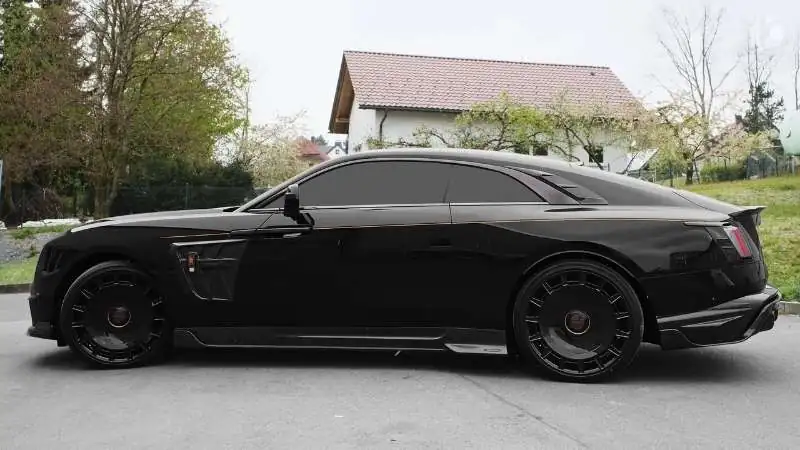
Rolls-Royce introduced the Spectre in 2023, making a significant statement about moving toward zero-emissions extravagance. By the early 2030s, they want to be all-electric, yet they’re still offering grand ICE vehicles alongside.
It’s tough to break from decades-long tradition in a short span, and high-end buyers who favor stately rides might still gravitate toward the classic approach for a while.
Bentley
A massive push to electrify was announced, including an EV initially planned around the mid-2020s. Then, fresh reports hinted at delays until 2035 for a complete electric transition.
Hybrids remain a big part of Bentley’s strategy, bridging the gap between lavish comfort and a cleaner future.
Anyone who’s driven a Bentley knows it’s about the gentle hum of a refined powertrain—an electric motor can replicate a quiet, luxurious ride, but the brand appears more cautious about timing.
Aston Martin
Aston Martin’s first EV got nudged from 2025 to 2026, indicating a cautious or pragmatic approach—maybe a bit of both. There was even talk from higher-ups referencing the classic “sound and smell” that longtime fans adore.
It’s a big jump to move from a throaty V12 to near-silent electric motors, so it makes sense they’re going slow. In the meantime, PHEVs provide a stopgap—lower emissions but still connected to those legendary engine notes.
The Road Ahead
It’s clear that many premium marques are eyeing EV technology, but the momentum isn’t uniform.
Customer desires, infrastructure challenges, and the strong emotional link with gasoline engines create a scenario where hybrids, partial electrification, and even new-age synthetic fuels might remain in the mix for a while.
Charging Infrastructure
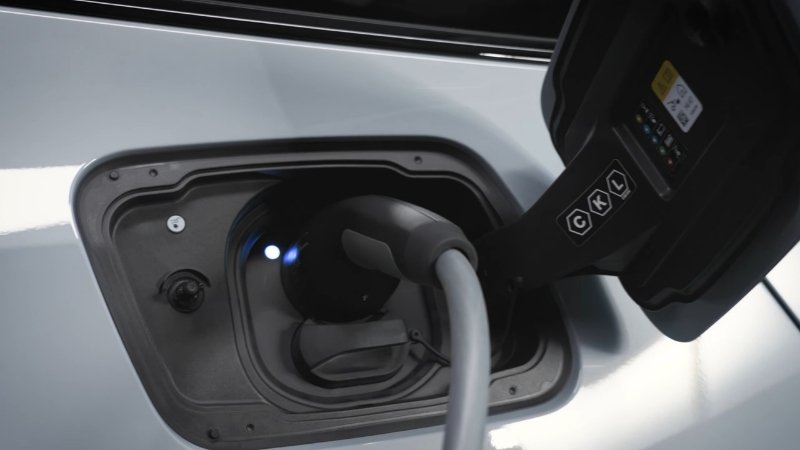
Luxury buyers usually demand convenience. A scattered or slow-charging network can put a damper on the entire ownership experience, especially if someone expects top-tier service no matter where they roam. Many automakers remain cautious, waiting for more robust networks before scaling up EV production to the levels originally projected.
Battery Challenges
Long-range EVs aren’t cheap to develop or produce. Battery costs remain significant, though they’re dropping bit by bit. There’s also concern about raw materials and supply chain uncertainties, especially for lithium, cobalt, and other critical metals.
High-end brands want to ensure performance and reliability that matches, or surpasses, traditional powertrains. Accomplishing that demands continuous research and some serious financial investment.
Emotional Pull of Combustion
Sports cars, grand tourers, and ultra-lux sedans often hinge on heritage and legacy. An Aston Martin might be as much about the sound of the engine as about the sleek body. Shifting to silent electric motors demands rethinking that core identity.
A handful of brands (Ferrari, Lamborghini) have stated outright that the driving soul can’t be lost in translation. So, they’re easing in with hybrids, ensuring drivers can still relish a roaring soundtrack while benefiting from the torque boost of an electric motor.
Emerging Technologies
Some discussions revolve around e-fuels (synthetic, cleaner-burning alternatives) as a possible lifeline for performance-oriented carmakers. Porsche, for example, invests heavily in that technology. If synthetic fuels become more accessible and cheaper, full electrification might slow down even further for certain segments, since that approach could allow the iconic flat-six or V12 to live on with reduced emissions.
Final Thoughts
Automotive icons such as Ferrari and Bentley aren’t in a mad dash to plug in every model right away. There’s a calculated, measured approach at play.
Some are forging ahead with an impressive new EV (the Rolls-Royce Spectre definitely turned heads). Others are saying, “Hang on, we need more time,” and continuing to churn out hybrids and gas-powered beasts.
For enthusiasts, that can be good news—there’s still a chance to enjoy the beloved rumble of a combustion engine in years to come. At the same time, those who love quiet, instant torque will find a growing number of electric options in the luxury sphere.
Eventually, all-electric might reign supreme in premium garages, but it won’t happen tomorrow. Progress is in motion, but the journey is more of a marathon than a sprint.
Related Posts:



